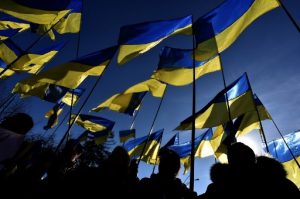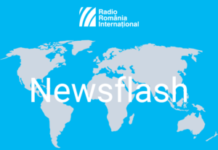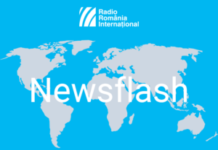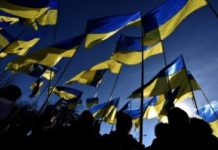The world’s largest political and military alliance in history celebrates 75 years of life.
Ever since its establishment in 1949, NATO was said to be tasked with keeping the Germans defeated in World War II down, the Americans in Europe and the Soviets outside.
Three-quarters of a century later, the saying is still valid, at least in part. Whereas Germany has grown into a pillar of the free world, the US remains vital to its security, and Russia is, once again, the biggest threat.
NATO was founded by 12 countries in North America and Europe, in response to the risk of Moscow’s westward expansion. Today, the Alliance has 32 member states; many of them, from the Baltic to the Black Sea, from Estonia to Bulgaria, had previously lived behind the Iron Curtain, where they had been forcibly turned into Communist Soviet satellites by occupation troops.
For the past 2 years, NATO has resumed its central role in terms of security, after the Russian invasion in neighbouring Ukraine forced the Allies to once again see Moscow as a major threat.
Russia on the other hand accuses NATO of returning to a Cold War mind-set, with a Russian foreign ministry spokesperson claiming the Alliance will fail to find its place in a „multi-polar world” that Kremlin says it seeks to build in order to end the global domination of the US.
At a meeting in Brussels marking the 75th anniversary of the establishment of the North Atlantic Alliance and preparing for the NATO summit due in July in Washington, the foreign ministers of member states agreed to embrace a more important role in coordinating the aid for invaded Ukraine.
The NATO secretary general Jens Stoltenberg has suggested a EUR 100 bln 5-year aid plan, to make the support for Kyiv more stable and more predictable.
In her address, the Romanian foreign minister Luminița Odobescu welcomed Sweden’s accession, a decision of symbolic importance, as the Scandinavian state has given up centuries of strict neutrality precisely after the Russians attacked Ukraine.
The Romanian diplomat also highlighted the strategic importance of the Black Sea region for the Euro-Atlantic security, calling for sustained NATO vigilance regarding the developments in the region. She also pleaded for enhanced political and practical involvement to support Ukraine, pointing out the multi-dimensional support that Romania continues to give to its neighbour.
On the very eve of the ministerial meeting in Brussels, Romania’s Parliament convened in a joint special meeting to mark both 75 years of NATO, and two decades since Romania joined the largest political and military alliance in history.
With only one vote against, the Romanian Senators and Deputies adopted a declaration emphasising that Romania’s NATO membership is a guarantee of protection for its citizens, of democracy and individual liberties.
(Bogdan Matei, Radio Romania International)










